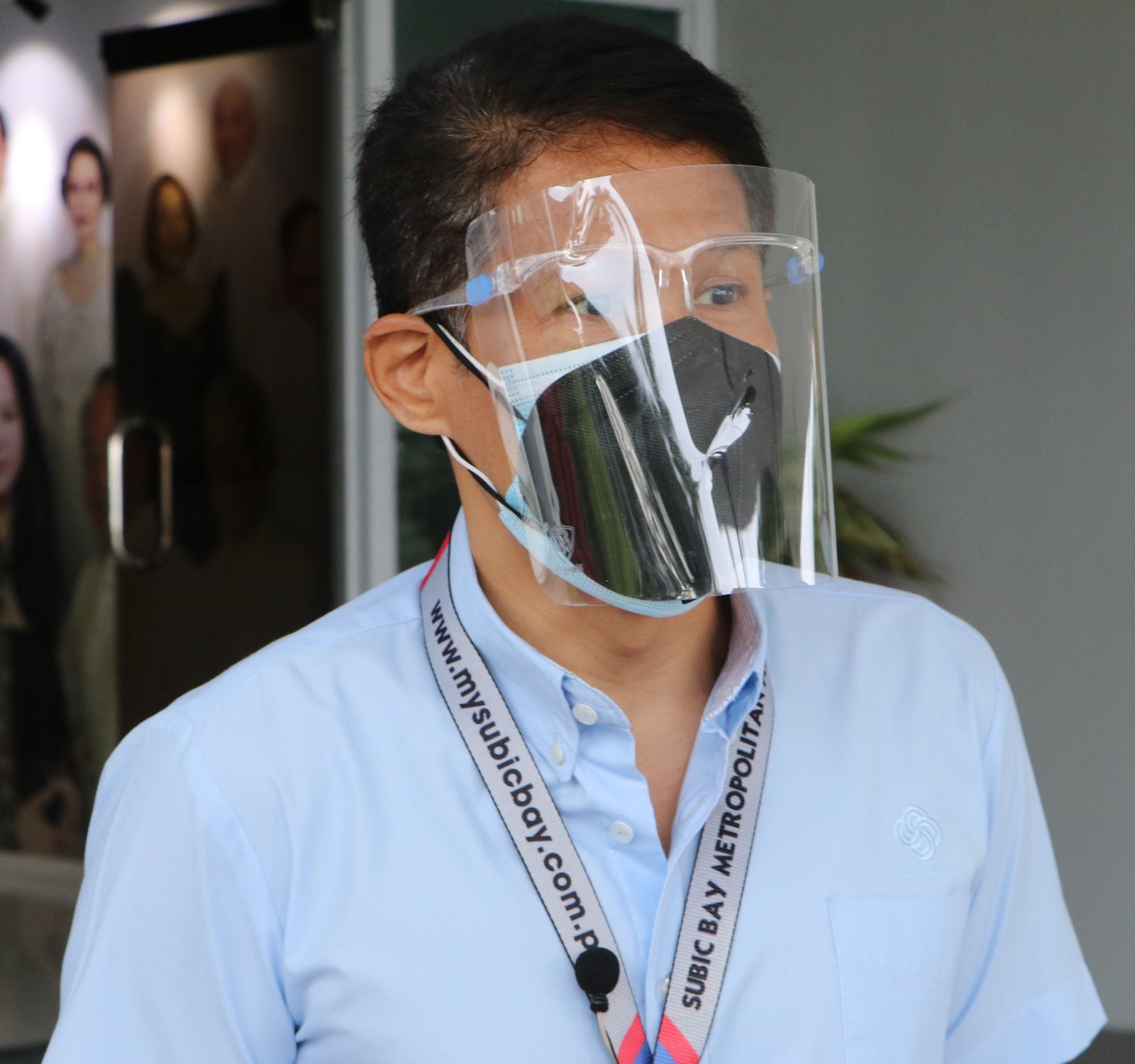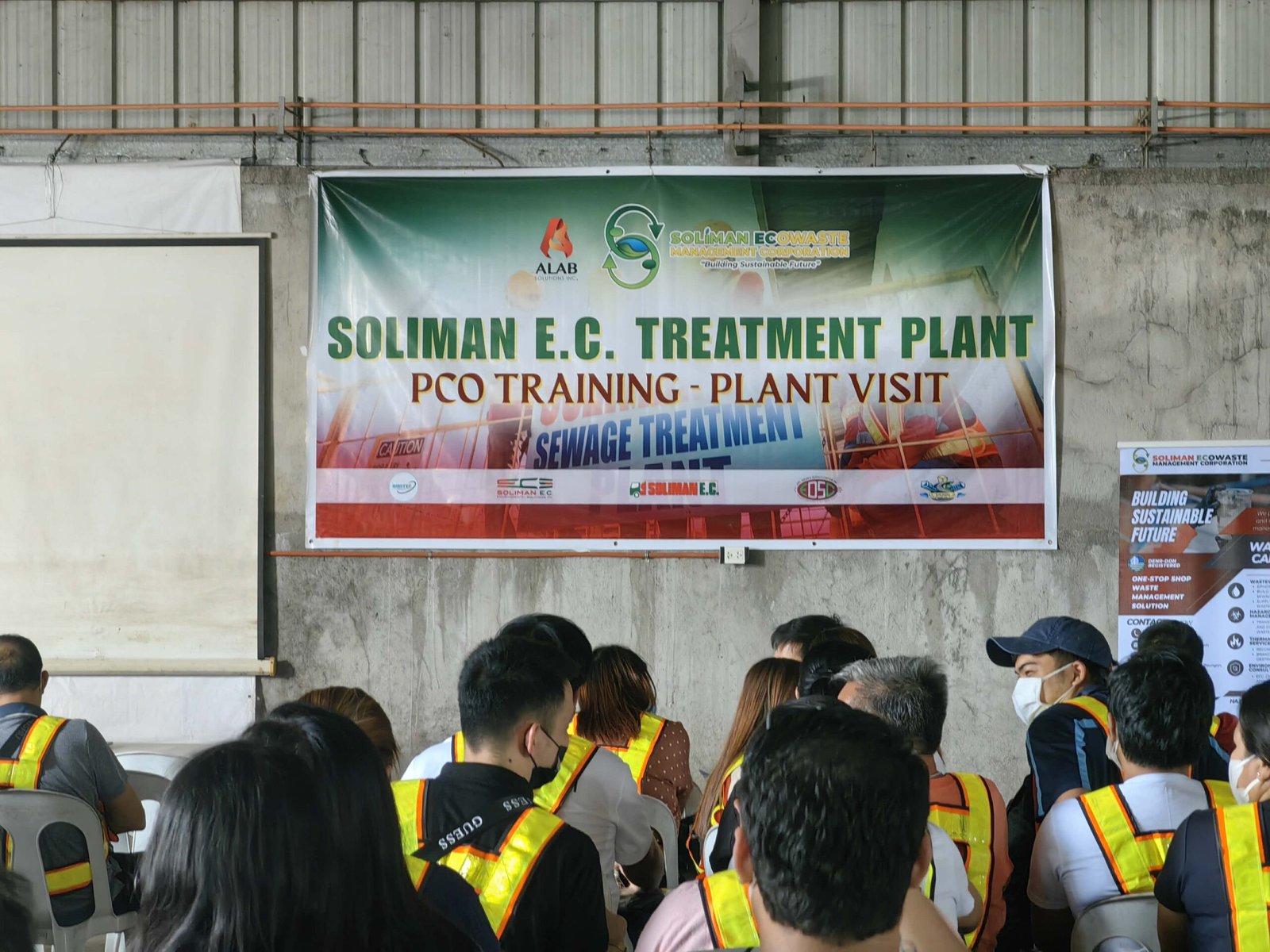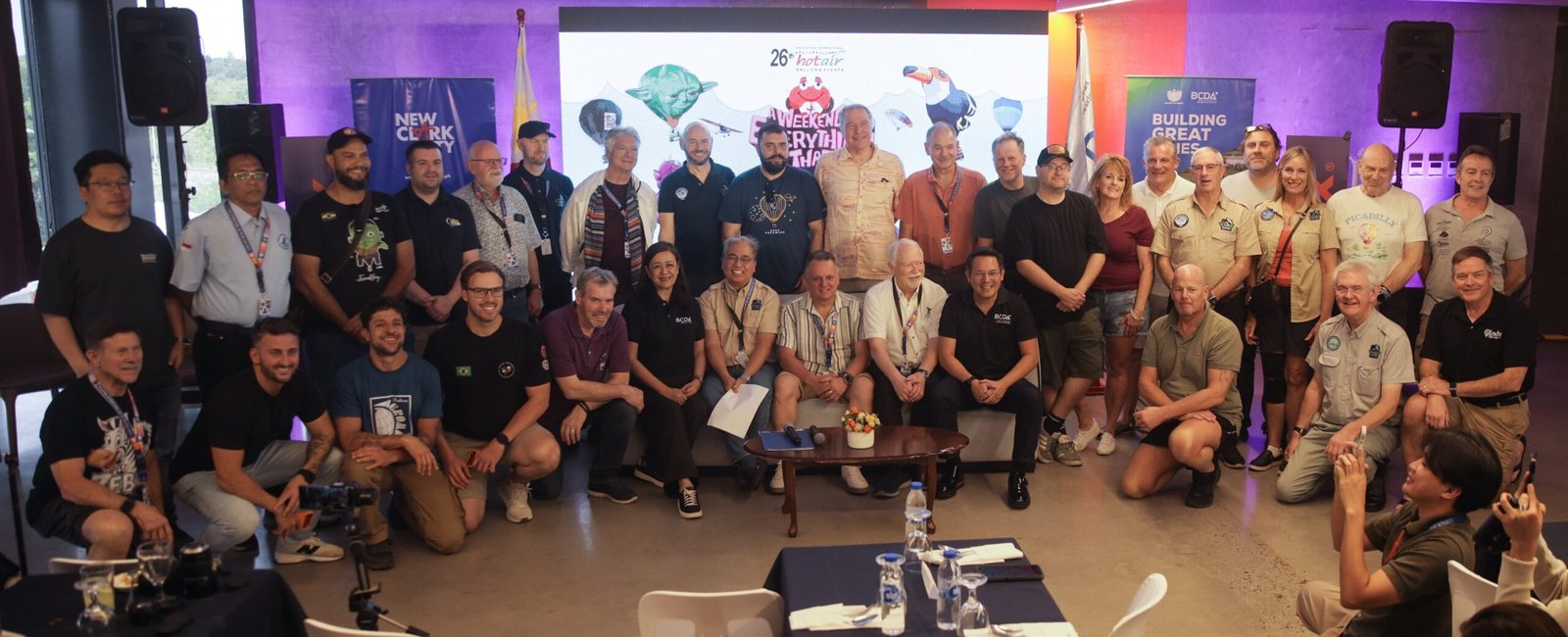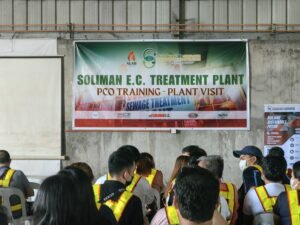The Subic Bay Metropolitan Authority (SBMA) is now expecting more success in court after it scored a huge legal victory on the issue of the Common Use Service Area (CUSA) fee, which was opposed by some businessmen and residents of Subic Freeport since it was imposed nine years ago.

Atty. Ramon O. Agregado, SBMA Senior Deputy Administrator for Support Services, said the agency is anticipating to claim “victory in all of the other cases” after the Supreme Court (SC) dismissed the petition filed by Philip Morris Philippines Manufacturing Inc. in 2013 to stop the imposition of CUSA.
“We’re very happy that ultimately the Supreme Court decided in SBMA’s favor and sustained the validity of the CUSA fee,” Agregado said.
The Court’s First Division recently issued a 19-page resolution denying the Philip Morris petition to seek the reversal of the decision issued by the Court of Appeals (CA), which affirmed the December 2, 2015 ruling of the Regional Trial Court of Olongapo City dismissing the firm’s plea to stop the CUSA.
The CUSA fee was imposed by the SBMA in October 2012 to defray the cost of municipal services in the Subic Bay Freeport Zone that were being shouldered by the Subic agency. The fee covered law enforcement, fire-fighting, street lighting, and street cleaning.
In upholding the CA, the Supreme Court affirmed the constitutionality of the imposition of CUSA fee by the SBMA, adding that Republic Act 7227, which created the SBMA, “granted it authority to impose reasonable fees and charges for the provision of the municipal services covered by the CUSA Fee.”
Agregado said the SBMA is now waiting for the SC to affirm its decision and make it final and executory.
“Procedurally, Philip Morris can still file a motion for reconsideration. But personally, we feel very confident that ultimately, the Supreme Court will affirm its decision, which was very comprehensive. It covered all of the issues raised by Philip Morris,” Agregado added.
The SBMA senior official also disclosed that other than the complaint filed by Philip Morris, there are about 11 to 12 cases filed by other locators against the CUSA fee. Some of these have already passed the Regional Trial Court and are already in the Court of Appeals.
“Once the Supreme Court’s decision becomes final, we will invoke the decision of the Supreme Court in all of the other cases involving other locators who filed cases against the CUSA fee,” Agregado said.
Agregado recalled that when the Freeport started in 1992 until the imposition of CUSA, the SBMA had shouldered expenses for municipal services, except garbage collection. “This continued until it came to a point that the expenses were already so heavy and so significant that they were draining SBMA’s resources,” he said.
When CUSA was imposed, and some business locators and residents objected and filed court cases, the SBMA continued to provide these services just the same, Agregado explained.
“Once the SC affirms with finality the SBMA’s right to impose CUSA fee, we will have to collect arrears from those who have not paid CUSA,” he added. (SBMA Media Production Department)













